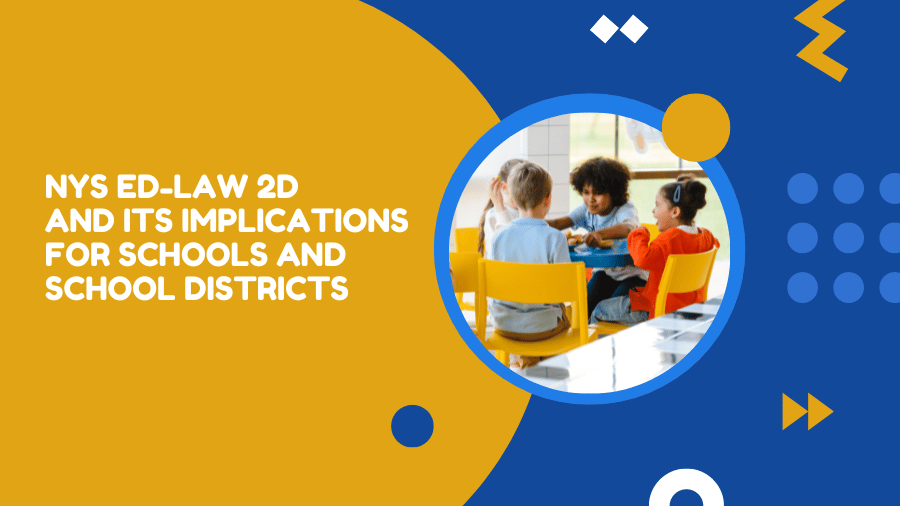Failure to comply with Education Law 2-D can lead to several consequences for schools. Here are some of the potential repercussions:
- Legal Penalties: Schools that fail to comply with Education Law 2-D may face legal consequences, including fines and penalties. These penalties can vary depending on the severity of the violation and can result in financial burdens for the institution.
- Loss of Trust and Reputation: Non-compliance with student data privacy regulations can lead to a loss of trust among students, parents, and the community. This can damage the school’s reputation and affect its ability to attract students and maintain positive relationships with stakeholders.
- Data Breaches and Security Risks: Non-compliance increases the risk of data breaches and unauthorized access to student data. This can expose sensitive information, such as personally identifiable information (PII), leading to potential harm to students and legal liabilities for the school.
- Negative Publicity and Media Attention: Instances of non-compliance with student data privacy regulations can attract negative publicity and media attention. This negative coverage can further damage the school’s reputation and erode public trust.
- Loss of Funding or Grants: Non-compliant schools may face repercussions when it comes to funding or grant opportunities. Funding agencies and organizations often prioritize institutions that demonstrate a commitment to data privacy and compliance.
- Investigations and Audits: Schools that fail to comply with Education Law 2-D may be subject to investigations and audits by regulatory bodies. These investigations can be time-consuming, costly, and disruptive to the school’s normal operations.
It is crucial for schools to prioritize compliance with Education Law 2-D to avoid these potential consequences and protect the privacy and security of student data. Implementing robust data privacy practices and staying informed about the requirements of the law can help schools mitigate risks and ensure a safe and trustworthy educational environment.


